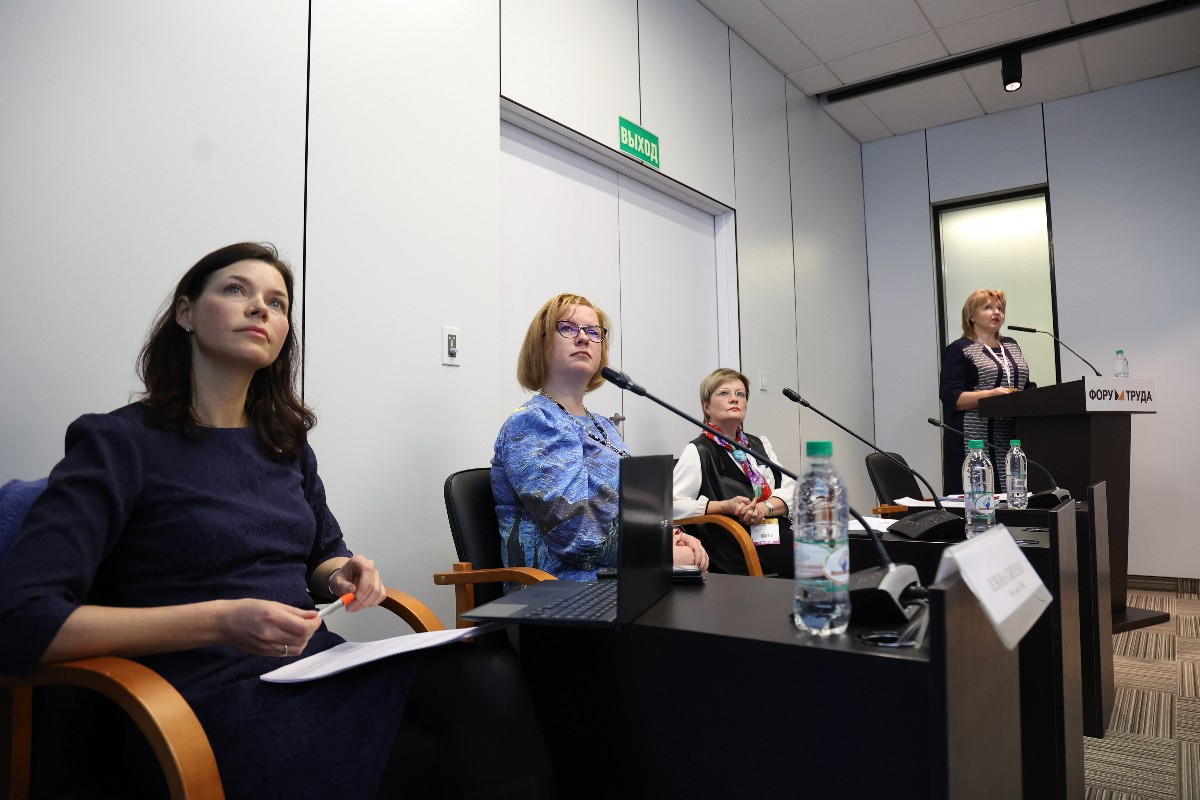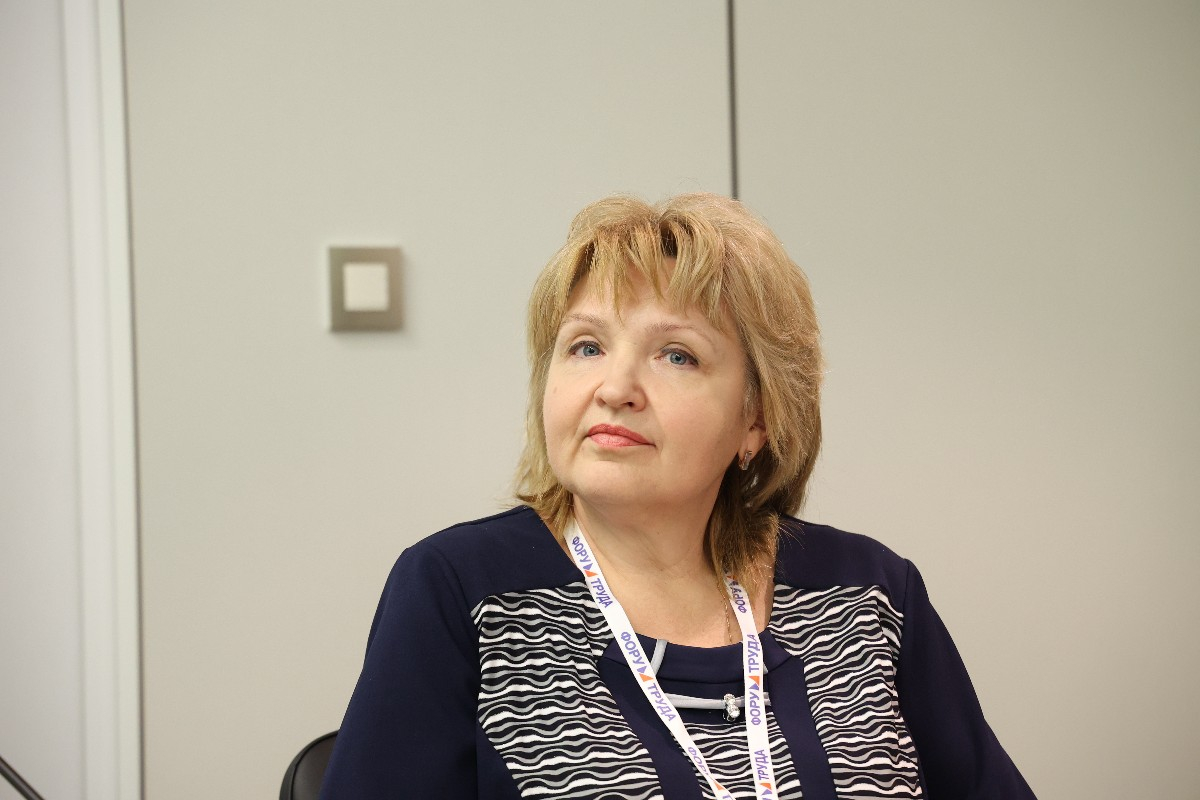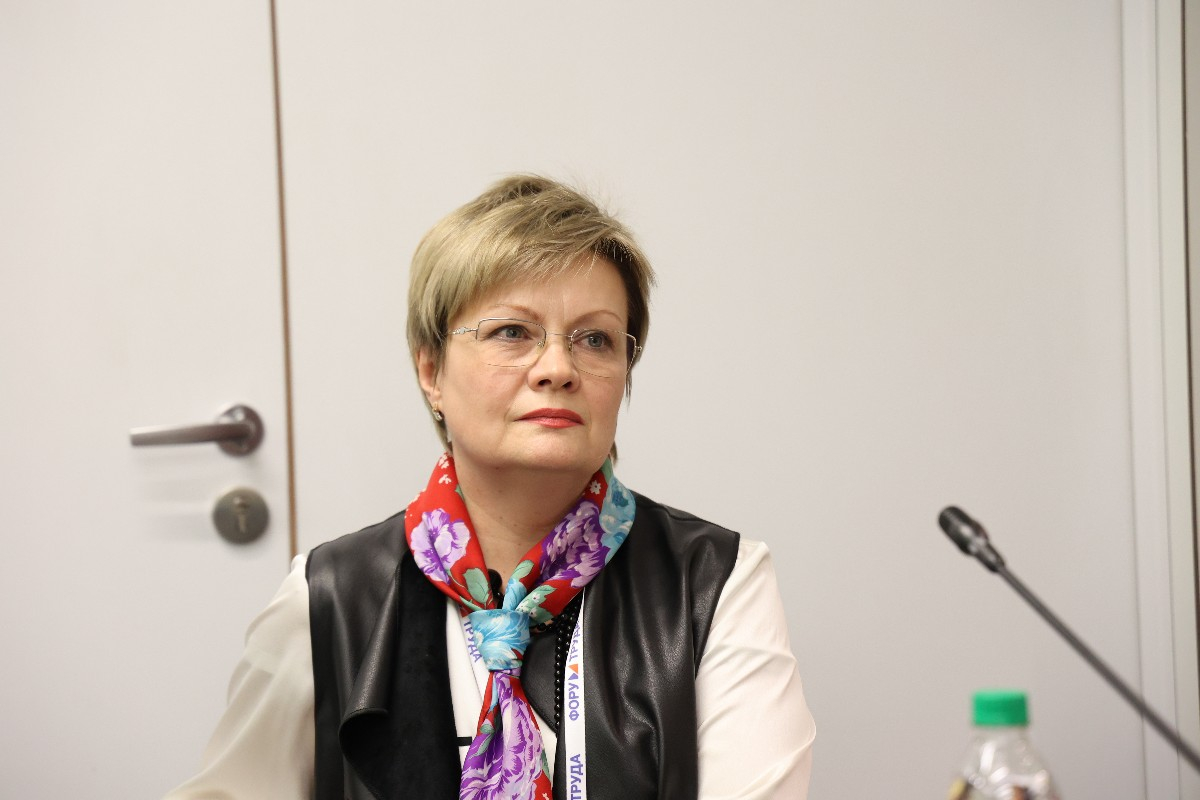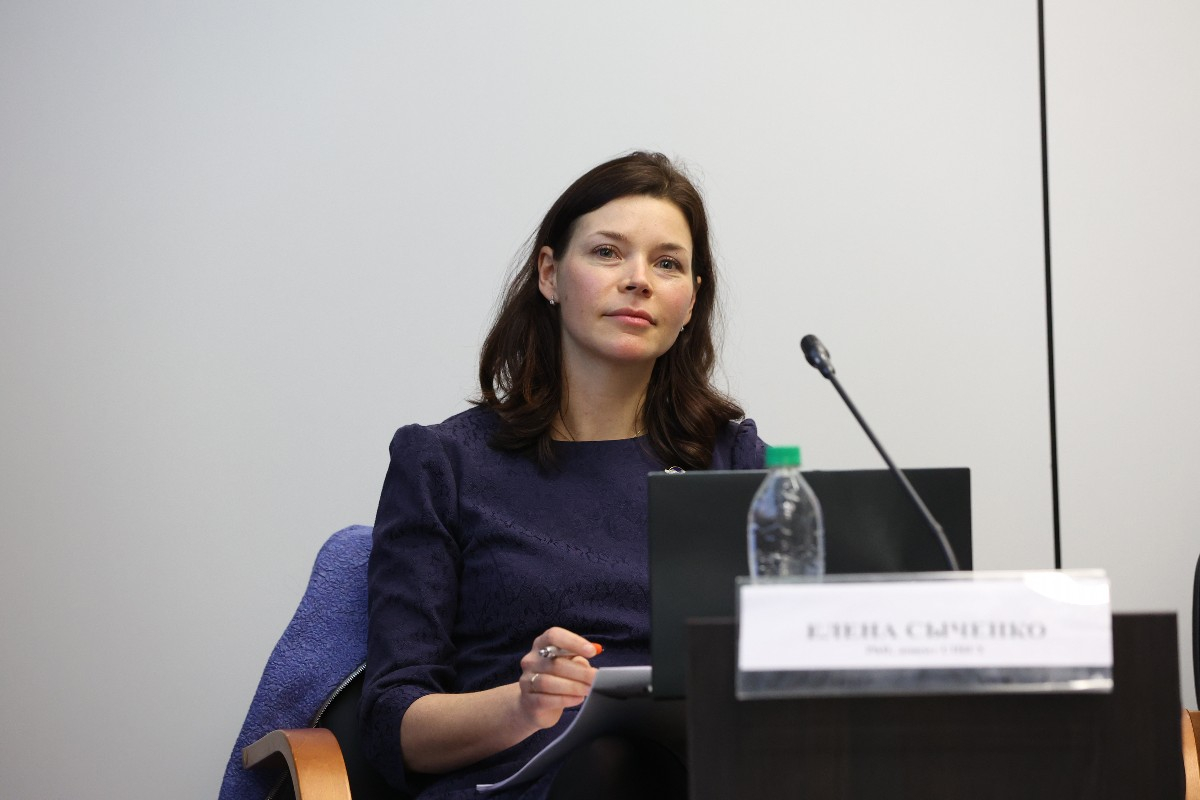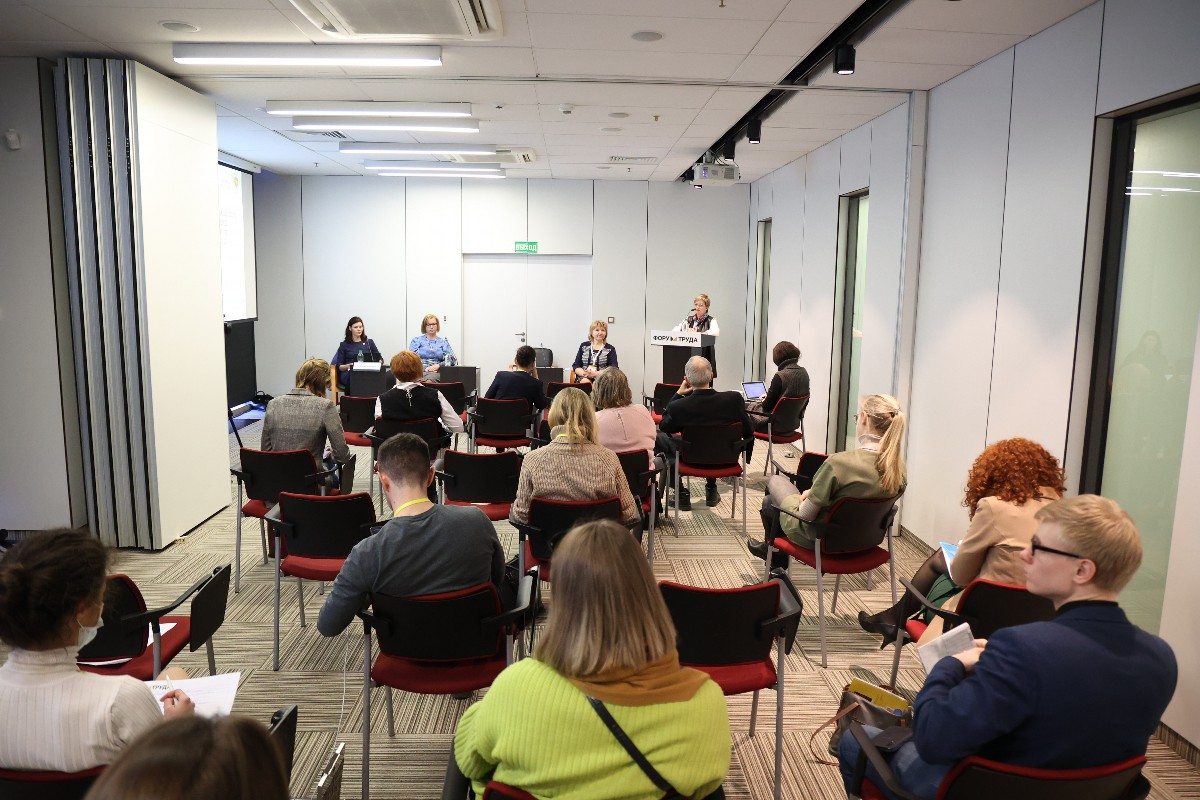St Petersburg University expert: rooms of psychological relief can help prevent professional burnout
As part of the 6th St Petersburg International Labour Forum, a round-table discussion "Professional burnout: causes, prevention and mitigation mechanisms" has been held. Representatives of the academic community of Russia and France took part in the event.
The discussion brought together experts in the field of psychology, labour law and labour protection law. It was moderated by Elena Sychenko, Associate Professor in the Department of Labour Law and Labour Protection at St Petersburg University. She noted that occupational burnout is a significant challenge encountered by representatives of professions that have major social impact, those who work with people and for people, including teachers and doctors.
Petr Bogdanov, a surgeon and Associate Professor at Pavlov First St Petersburg State Medical University, presented a health care professional’s view on the problem. He reminded that professional burnout syndrome, like stress syndrome, has a few stages. According to Dr Bogdanov, the most disturbing is the phase of pronounced depersonalisation — a feeling of indifference to the patient. This entails the reduction of personal accomplishments and professional growth, when the specialist becomes indifferent to their work.
In 2018, occupational burnout syndrome was included by WHO in the International Classification of Diseases (ICD-11) as a factor influencing health status of the population under code Z73.0. It is considered one of the "problems related to life-management difficulty".
Among the factors contributing to professional burnout, Dr Bogdanov singled out: workload; control; remuneration; teamwork; justice and values; giving highest priority to the psychological climate in the team. The speaker is convinced that good communication and rapport with colleagues can provide moral support for a health care professional in a stressful situation. Conversely, strained relations with colleagues can act as a catalyst for burnout. To address the burnout problem among clinical teachers at medical universities, it is of paramount importance that medical students should be taught not only medicine, but also communication skills. Besides, doctors need to keep work and personal life separate.
People should always remain our prime concern. We raise and educate ourselves — our choices are our responsibility.
Dr Petr Bogdanov, surgeon and Associate Professor at Pavlov First St Petersburg State Medical University
Professor of the University of Bordeaux Loïc Lerouge made a presentation on the emotional burnout as an occupational risk and its regulation as illustrated by the French judicial practice. According to Professor Lerouge, in France, there are two approaches to compensation for harm by the employer in the event of an employee’s professional burnout. The first is to recognise burnout through an independent external assessment. This, however, is quite problematic, since professional burnout is not included in the list of occupational health risks in labour legislation. ‘Faced with the evidence of the human suffering resulting from the burnout syndrome, and taken into account the imperfections of the national legislation, the French courts have developed their own evolutionary interpretation of the signs of a workplace accident. The practice of French judges shows how low can be a threshold for the definition of accidents,’ added Professor Lerouge. Hence, the second way is to acknowledge the association between job burnout and workplace accidents. Professor Lerouge considers this method as the most promising way to resolve such situations.
Tatiana Veselova is Associate Professor in the Department of Hospital Therapy at St Petersburg University and Chief External Expert on occupational medicine of the Health Committee of St Petersburg. She spoke about employer investment in employees’ psychological health care. Today, the competitiveness of a company is determined by the quality and capacity of its human resources — not only in terms of competence and professional expertise, but also in terms of psychological and physical health. ‘Your employees’ health and physical well-being is as valuable an asset as their qualifications and experience,’ added Tatiana Veselova. She emphasised that the good health of employees is a key component of the human capital of an enterprise.
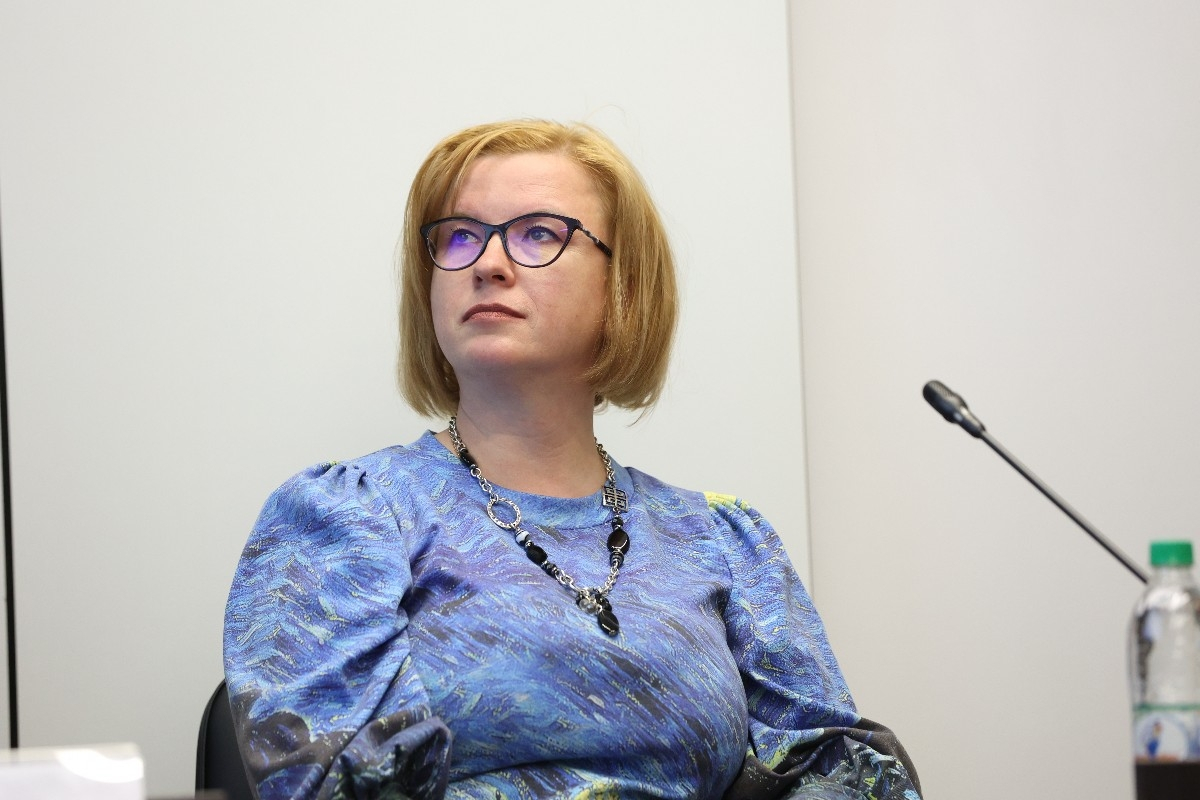
One of the ways to promote employee wellness at the workplace is by creating rooms of psychological relief. ‘To date, substantial amount of evidence have been collected that indicate positive results of their use. The best practices for designing occupational therapy rooms show that it is imperative to understand the unique requirements and take into consideration all relevant factors to create a safe and functional room of psychological relief,’ explained Tatiana Veselova. It is an effective preventive tool for restoring mental and physical working capacity even at the stage of emotional and physical exhaustion.
The 6th St Petersburg International Labour Forum was held from 16 to 18 March 2022 in a mixed format. The in-person part of the Forum took place at three venues: the Tauride Palace, St Petersburg University and the Expoforum Convention and Exhibition Centre. The Forum is organised by: the Government of St Petersburg; St Petersburg University; the Inter-Parliamentary Assembly of States Members of the Commonwealth of Independent States with the support of the Ministry of Labour and Social Protection of Russia; and the Federal Service for Labour and Employment.
Elena Dobrokhotova, Associate Professor in the Department of Civil Law at the Herzen State Pedagogical University of Russia, and Svetlana Voronkova, Research Associate at the Research Institute of Industrial and Marine Medicine of the Federal Medical-Biological Agency of Russia, made a joint presentation on the results of monitoring of the factors contributing to teacher and healthcare professional burnout during the COVID-19 pandemic. Fatima Suleimanova, Associate Professor in the Faculty of Law at the National Research University Higher School of Economics (Moscow), presented the findings of a survey on remote work burnout. The authors of the survey prepared a package of proposals for further public review at the legislative level. The proposals aim to minimise the negative consequences of the massive shift to remote work. Elena Serebriakova, Associate Professor in the Faculty of Law at the National Research University Higher School of Economics (Moscow), spoke about the protection of employees against work-related psychosocial risks in view of the amendments to the Labour Code made by Federal Law of 2 July 2021 No 311-FZ, which revised the chapter on labour protection.


